SUMMARY
This is AI generated summarization, which may have errors. For context, always refer to the full article.
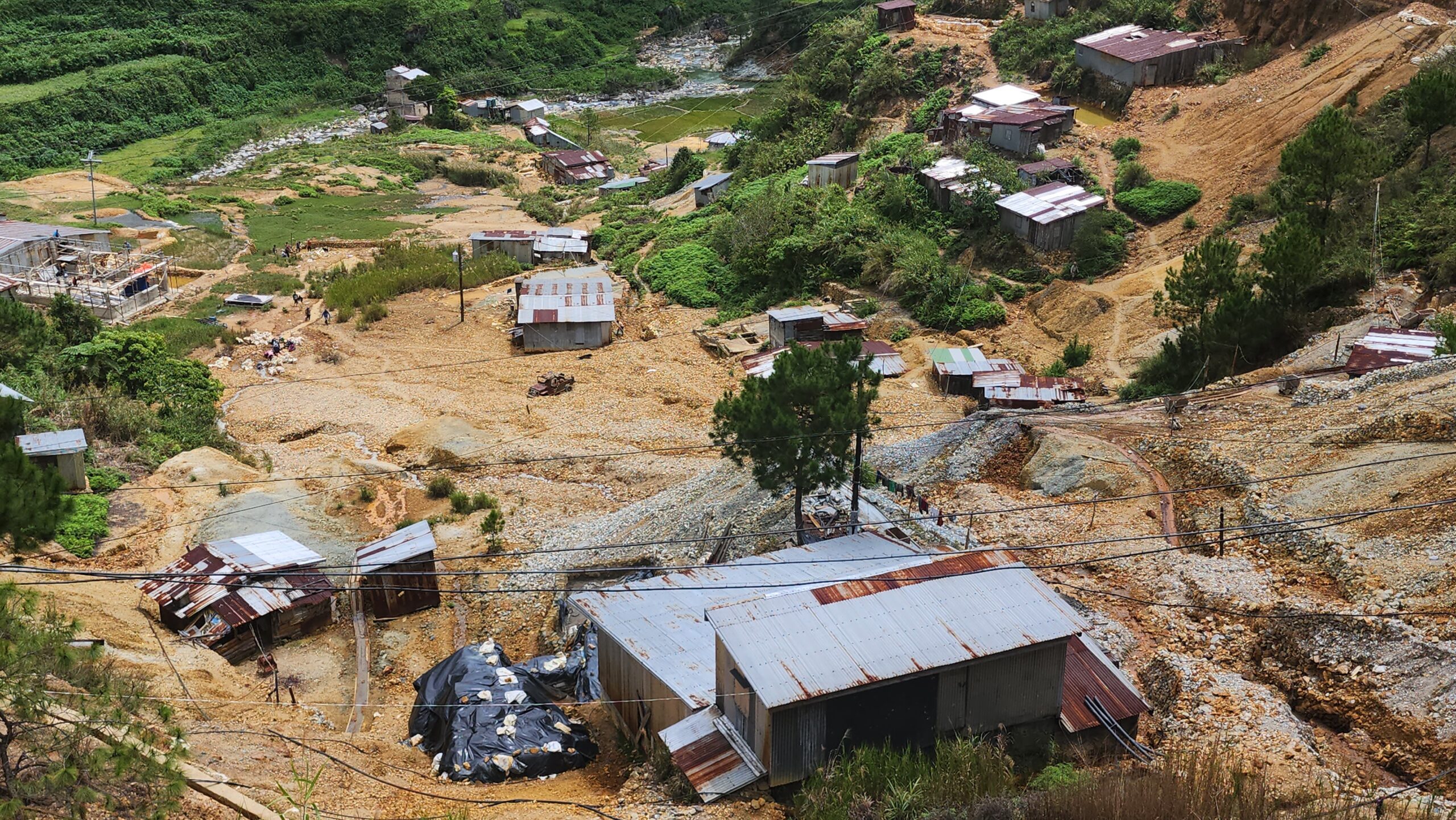
SAGADA, Philippines – Matthew Malicdan was only 13 years old when he started work in the village mines of Fidelisan, Sagada to support his studies and help provide food for the family.
There was no other option as the family had very little land to till in their Mountain Province village.
“At the sixth grade, I was already panning for gold. I joined others hauling ores from the mines when I was in first year high school,” Malicdan told Rappler in Ilocano on September 24.
The youth worked during weekends and school breaks. With his earnings, he was able to attend college in Baguio City.
His wife was already working overseas when he decided to take a job abroad to support the family’s needs. He returned in 2013 and invested their savings in small-scale mining (SSM).
In September 2018, just as they were getting some returns from the mine tunnels, Environment and Natural Resources Secretary Roy Cimatu ordered the closure of all SSM in the Cordillera.
Cimatu’s order followed a deadly landslide killed at least 94 small miners in Itogon, Benguet at the height of Typhoon Ompong . At the time of the closure, Malicdan and his wife had already invested close to P6 million in the operation.
“With the ban in effect, it was only through legalizing our operation that we could recoup our investment, so we campaigned for the declaration of our community mine as a Minahang Bayan,” said Malicdan, who now heads the Northern Sagada Barangays Small Scale Miners Association, Inc. (NSBSSMAI).
Outside gov’t regulations
The Cordillera Administrative Region’s (CAR) small-scale miners, who mainly operate outside government regulations, pin their hopes for “unhampered operation and without fear of arrest” through formalization under the People’s Small Scale Mining Act of 1991 (RA 7076).
The law regulates SSM to provide “an orderly, systematic, and rational scheme for the small-scale development and utilization of mineral resources in certain mineral areas.” It also aims to address social, economic, technical, and environmental concerns in the sector.
In 2012, the president Benigno Aquino III issued Executive Order No. 79, restricting SSM activities in the declared Minahang Bayan (people’s mining area) and mineral extraction to gold, silver, and chromite.
Fred Somebang was then NSBSSMAI president when they applied for the Minahang Bayan and SSM contracts. He said they were forced to comply following several closure operations by the police.
“Aside from wanting to continue our unhampered operation and livelihood, we were concerned for our safety. It is hard when you work with constant worry of possible arrest,” he explained in Ilocano.
At the time of the crackdown following Cimatu’s order, there were at least three towns in Mountain Province with ‘illegal’ SSM operations. Aside from Fidelisan, operations were present in Mainit, Alab, Maligcong in Bontoc, and Brgy. Laylaya in Besao.

In Abra, illegal mines where in Boliney, Manabo, Sallapadan, Daguioman, and Lacub. The Mines and Geosciences Bureau Cordillera (MGB-CAR) also recorded operations in Pasil and Balbalan in Kalinga, Baay-Licuan in Abra, and Conner and Calanasan in Apayao.
A February 2018 study by the Jaime V. Ongpin Foundation, Inc. (JVOFI) listed 72 SSM operations in Benguet; 61 were without contracts or permits. Many are in Itogon and Mankayan, while the rest are in Tuba, Tublay, Kabayan, Bokod and Bakun.
Latest MGB-CAR record shows 13 declared Minahang Bayan, including the one in Sagada. There are four in Benguet (Bakun, Itogon, Mankayan, Tuba), six in Apayao (Conner and Calanasan), and one each in Kalinga (Pasil) and Abra (Baay-Licuan). There are also nine pending applications. The agency registered 2,049 SSM miners, 1,576 are in Benguet as of 2022.
But declaration is not enough. The miner or association also has to secure an SSM contract with the government.
As of September, only two groups have small-scale mining contracts – the Loacan Itogon Pocket Miners Association and NSBSSMAI, with 773 and 243 miners, respectively.

‘Empty declarations’
Benguet Small Scale Miners Assembly convenor Fernando Mangili told Rappler that the MGB statistics “do not show the full extent of those depending on SSM.”
In Benguet alone, there are around 34,000 small-scale miners, he noted.
Mangili, a small-scale miner from Itogon, said it is hard for miners to depend on the SSM law. Instead, he encourages them to assert their rights over their resources
He pointed out that many associations are finding it hard to comply with the requirements. “That is why many of the Minahang Bayan remain empty declarations because there have been no small scale mining contracts awarded to the associations.”
Mangili said that amendments in the law should not only simplify the process but also respect the indigenous peoples’ right to self-determination. This includes recognizing how they see the responsible use of their resources and self-regulate economic activities like mining.

Somebang aired the same sentiments, disclosing that NSBSSMAI spent more than P600,000 for the entire process. Aside from the hefty expenses, he also complained of the “lengthy and bureaucratic process.”
Somebang said their organization has to get endorsement and certifications from the concerned local governments and provincial offices of national agencies.
He also questioned the lengthy free prior and informed consent (FPIC), noting that the mines have been operating for decades with consent from the Pidlisan tribe (composed of barangays Aguid, Bangaan, Fidelisan, and Pide), to which he belongs.
“This is our land, we have safeguarded it for generation, and with the community’s consent, it is our right to benefit from our minerals. They (government) should not give as a hard time, the process should have been just for formality,” Somebang said.
It was in 1986 that the community opened mining as one of the village’s livelihoods. They also set conditions to regulate the mining operation and safeguard social values and traditional beliefs.
In a September 20 interview, MGB-CAR regional director Fay Apil admitted that complying with the requirements remains a challenge for small-scale miners, adding that these are both “technical and costly processes.”
According to her, concerned agencies like the National Commission on Indigenous Peoples and the Environmental Management Bureau tend to use guidelines that are designed for large-scale operations. She said they are coordinating with the said offices for possible amendments in the law and guidelines for small miners. -Rappler.com
Add a comment
How does this make you feel?
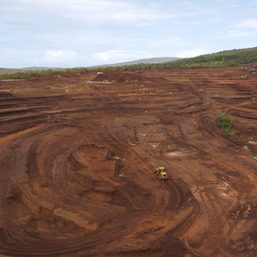
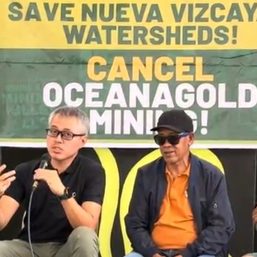
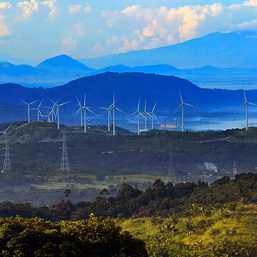



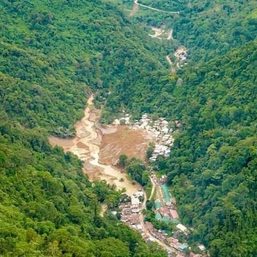
![[ANALYSIS] Trading irregularity in Abra Mining: Why the inaction?](https://www.rappler.com/tachyon/2024/03/tl-mining-trading-irregularities-03082024.jpg?resize=257%2C257&crop_strategy=attention)
There are no comments yet. Add your comment to start the conversation.